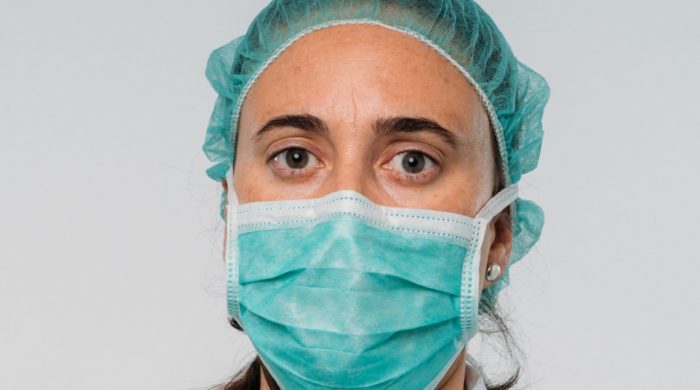They’ve been there for us. Now it’s our turn. Let’s show we’re with NHS staff for fair pay.


The skills and dedication of our NHS staff have never been more needed. But they’re burnt out, demoralised and undervalued.
Years of real-terms pay cuts have contributed to a staffing crisis. Right now, over 130,000 NHS posts are vacant.
Fair pay is vital to recruit and retain key staff and provide good patient care.
Join our campaign and tell politicians: it’s time to pay NHS staff properly for the critical and important work they do, and get our NHS fit to face the challenges ahead.




